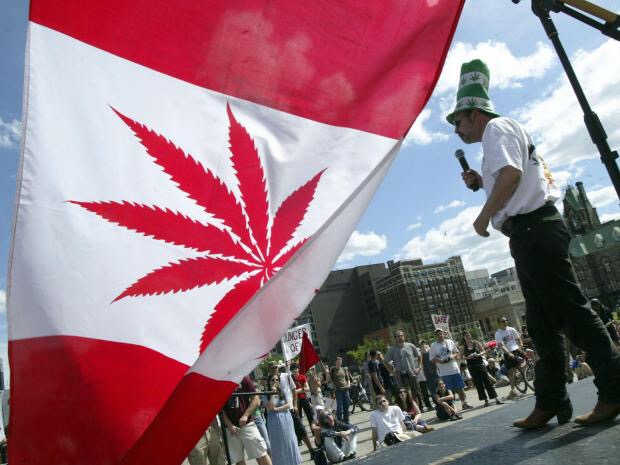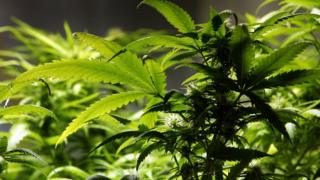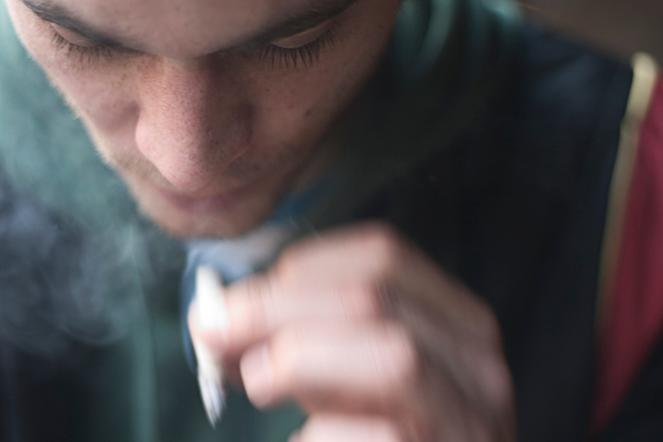You can legally use marijuana in the state of Washington, and soon you likely will be able to use marijuana across the entire country of Canada.
And yet, if you are traveling from Canada into Washington and you admit to a border officer that you have smoked marijuana in the past, you can get blocked from coming into the U.S. And not just for now, but forever.
Welcome to the latest contradiction between local, state and federal policy when it comes to marijuana. It’s such a mess that only one area of the economy seems certain to benefit.
Moral Turpitude
The Bee reported that a music journalist in British Columbia recently was denied access into the United States at the Washington border because he admitted to having smoked marijuana in the past.
The man, 36-year-old Alan Ranta, said officials handcuffed and questioned him. He added that officials told him he had committed a crime of “moral turpitude.”
Ranta was not carrying marijuana at the time. Neither was Matthew Harvey, a medical marijuana user who admitted to U.S. officials he had used marijuana recreationally in the past. He was barred for life from entering the U.S. in 2014.
If this strict application of law continues, Canadian Prime Minister Justin Trudeau will have a difficult time coming to his next meeting in the U.S. He admitted long ago to partaking of cannabis. Unless he plans on trying to lie about that now, that’s going to be an issue if a border official decides to ask.
What the law says.
Finding the exact language is relatively easy – it’s online. Here you can read the entirety of INA Act 212, which is the law border agents are using to keep past marijuana users out.
The law outlines the various reasons a person can be denied entry into the United States. Section 2 addresses “criminal and related backgrounds.” This section bars drug dealers, prostitutes, human traffickers and foreign government officials who have violated religious freedoms in their country.
Grouped in with that crowd are people who admit to having smoked marijuana where it was illegal at any time in the past.
The pertinent section reads that a person can be barred for violating “any law or regulation of a State, the United States, or a foreign country relating to a controlled substance.” This applies to those “convicted of” such an act or anyone “who admits having committed” such an act.
That means a Canadian who admits to a border official that they used marijuana when the laws in their area deemed it illegal can be barred from the United States for life. If such an admission is made, the only way into the U.S. is through a special waiver that takes time to get and costs almost $600.
What to do.
It’s up to the discretion of border officials whether to even ask about past drug use. Of course, people can simply lie. In the case of Harvey, he never really thought about it.
Harvey told the CBC he was detained six hours and questioned because he had a marijuana magazine in his car. As a medical marijuana card holder in Canada who was driving into Washington — where marijuana is legal — he told the truth about his cannabis use, even when questioned about past use.
The issue will not go away if Canada legalizes recreational marijuana as expected in 2018. U.S. border officials can still ask about past use of marijuana before it was made legal. Some attorneys advise their clients to simply not answer the question, rather than lying.
Canadian officials have voiced hope that a compromise can be found with U.S. officials. Canadian Public Safety Minister Ralph Goodale called the current situation both “ridiculous” and “ludicrous.”
credit:entrepreneur.com













